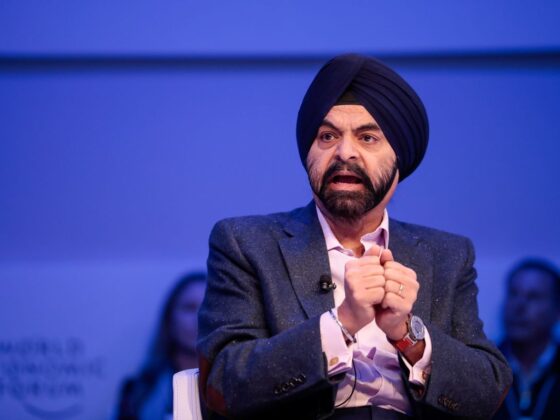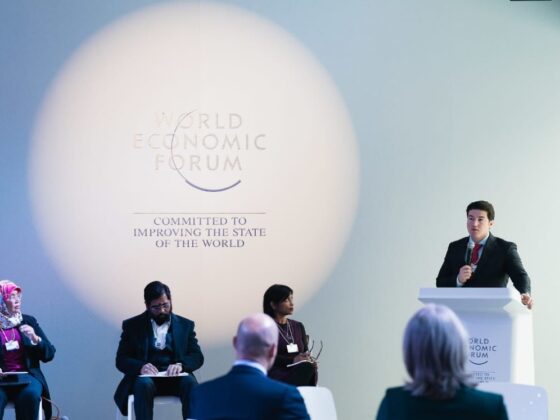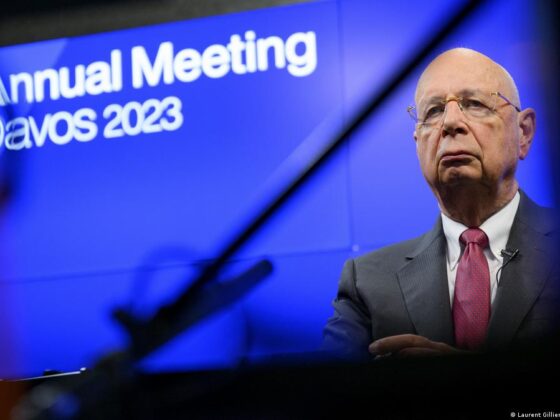In the midst of this ‘energy crisis’, they feel it necessary to tell you every day you won’t be able to afford things, this and that will be cancelled, what is the most expensive appliance to run and so on.
So, I will take a look at that idea and break it down. Again, I have spent years giving thought to and researching social history and how things came to be the way they are, and indeed, how were they before. I’ll talk about obvious ones so you know what I mean.
Washing Machines and Microwaves. Both became mainstream before I was born, but were still rather pricey as I was growing up. We didn’t have a washing machine for years (or indeed a microwave), instead had to go for trips to the laundrette with my mum, getting to sit and watch all sorts of people doing their domestic chore in public. Then we had a twin-tub machine, where after it was washing, you had to hoist over the heavy wet washing into the spinner section. Then being able to rent one became a thing, and my mum rushed to get her first proper washing machine, and every week we went to the shop with the rental card to pay our instalment, sometimes just me going. Seeing how, for a what looks like a little amount consistently, you can have something bit. Although once I learnt of the interest charges and length of time on these things, I realised where the money was in it as a business, and it was for the people renting these appliances out.
Both washing machine and microwaves entering the household on a normal basis meant a big change to the dynamic of said household. And one I didn’t really appreciate at first, and probably not really for a long time even after I was aware. It changed time. Suddenly women, and any domestic men at the time, had more time on their hands and I didn’t realise why I hadn’t thought of it. The amount of time it used to take to complete certain manual chores was much more than today, so if you are spending all day cooking, cleaning, washing, shopping etc, that’s a whole day. But no more. You can have all that done within a couple of hours now, just by filling up a few machines and pressing a button or two. And maybe some loading/unloading. Minimal interaction and movement seem to be the point of these things. Which is great, if as a person, you have limited mobility or dexterity, but for the average person, why would you want something or someone doing everything for you if you are perfectly capable? Unless you have something else you need or want to be doing, and that is where it got interesting to me. Because it seems that people need tasks and something to do, without anything but boredom we usually find ourselves out of sorts and naturally gravitate towards self-destruction in some cases. Some are content perhaps to just sit with their thoughts on an ongoing basis, which may possibly be as inactive as they are. The majority however, would rather be doing something, with their time, energy and resources. But those three things have been commandeered and are not entirely within our control anymore.
They helped to make certain things affordable as it was cost effective to them, cut down time on the need to be in the home, more workers to join the workforce. It’s a win win for them. More industry, more taxes, more consumerism. But what of the lose lose for us? Less time with friends and family, less money because they increased the cost of things, so two incomes in a household didn’t make it any better for many. And more consumerism had led to a greedy throwaway attitude, which has unfortunately extended from the inanimate objects to people. They are now often viewed as expendable and replaceable, while constantly mentioning we will be obsolete. We were useful to build things for them that would be useful to replace us, and build better things for them.
Weirdly though, it seems we have allowed ourselves to become obsolete in this, by becoming so dependent on all the gadgets and devices they have installed into our lives, and finances. People start to forget how to do the manual things, things by hand, using your own initiative and strength.
And each of those devices have a cost, both to our sense of purpose as noted above and as purported by a certain henchman of the overlord, and there is also a cost in monetary terms. And we are seeing the finances laid bare of how much it really costs to live in their world of ‘convenience’, where that word is now being redefined too, because they are the ones who decide how much these cost, and they make vast amounts of money through it. They tied you in with meters for the electricity, hive systems now which require more batteries each year to maintain than I have ever known in my life, just to be able to adjust something from an app, which I don’t have or use. I can use my hands to turn a dial just as much as i can use them push a button, but turning the dial didn’t used to cost anything. The phones which require power and cost to run, the internet which require power and a contract, TV licenses, taxes, fees, bank charges, service subscriptions, etc.
Strip that all back, quite recently as well, and there was none of that, ‘convenience’ or cost – covered in my article There was a time before, people didn’t have each area of their daily life intruded upon in the grotesque fashion it is today, but the small implementations towards it were. And so has the social engineering to make it so. They made it so that they were your parent, caregiver and warden throughout your whole life, from ‘Cradle to Grave’ as the idea went in The Beveridge Report, as they say, all things start with good intentions. And whether it was with good intention or has been made to look that way is past the point, because this is where we are now, with the results in full swing. The idea was planted in people’s minds that they would be looked after from birth to death. It seems that post war posed a unique opportunity for a new social order, having brought everyone together under the banner of a ‘shared event’ (I will go into that further in another post).
So, I ask you, do all these devices and systems really seem that convenient after all? And what they propose for the future – further systems, log-ins, implants, chips, targets, restrictions and procedures, all dependant on electricity and you being part of the consumer conveyor belt that feeds their lives. And there is where we find we actually have a co-dependency happening, a symbiotic relationship we don’t really want, but they require. Almost like those parasitic insects that need to keep their host alive to be able to live and survive themselves. Which is why they maybe want us to think that we are so disposable, and expendable, constantly hearing news that we are ‘no longer required’ for the future, it can be done without us. Almost sounds like when someone is afraid you will leave, and they say you will never be happy without then, you’ll never cope without them, but inevitably, we always do. That does not mean we always will, but it should be noted and recognised when appropriate.
People are stronger than they know, and are more important than they realise. To minimise that existence is a cruelty in itself added to all the others heaped unnecesarily upon us. We create our own reality they say and currently are allowing that to be highjacked by the darkest type of vision. I’ve said it before and I’ll say it again, if we don’t want their cold, sterile, monitored digital prison that appears to be coming, then we better get on it and start constructing our own future reality, right now.














